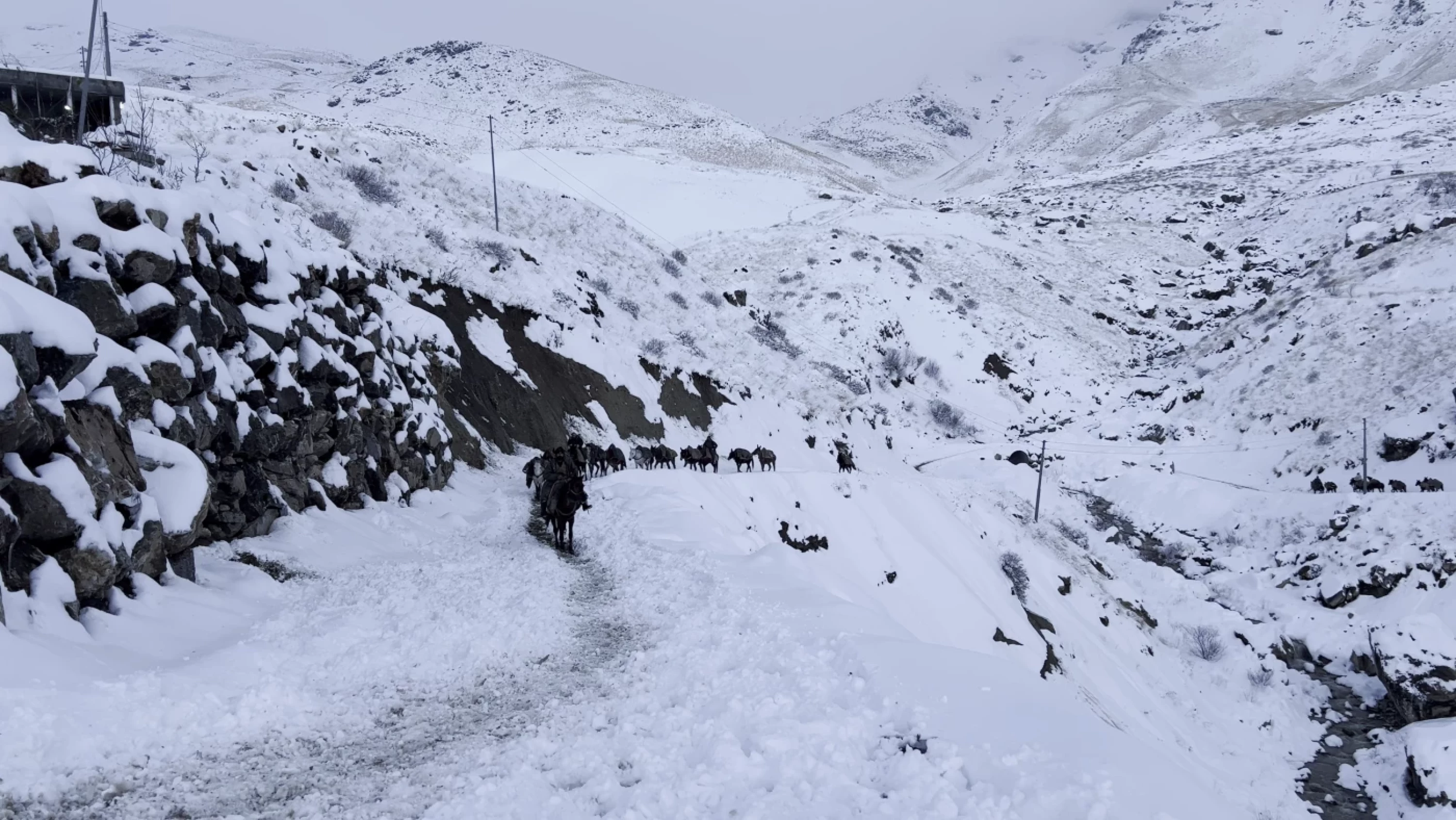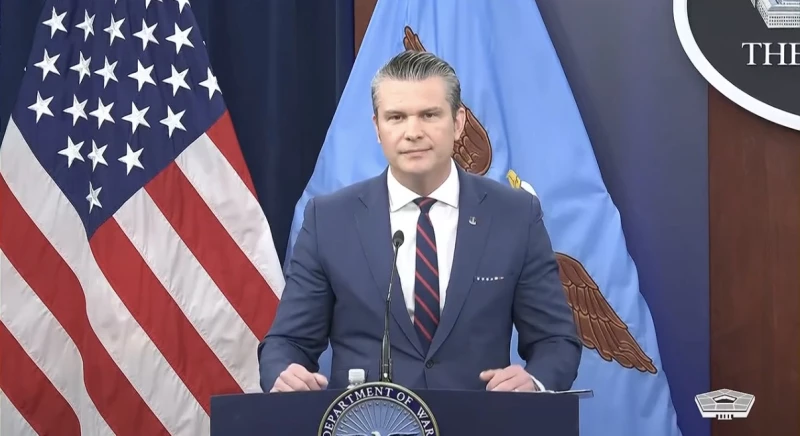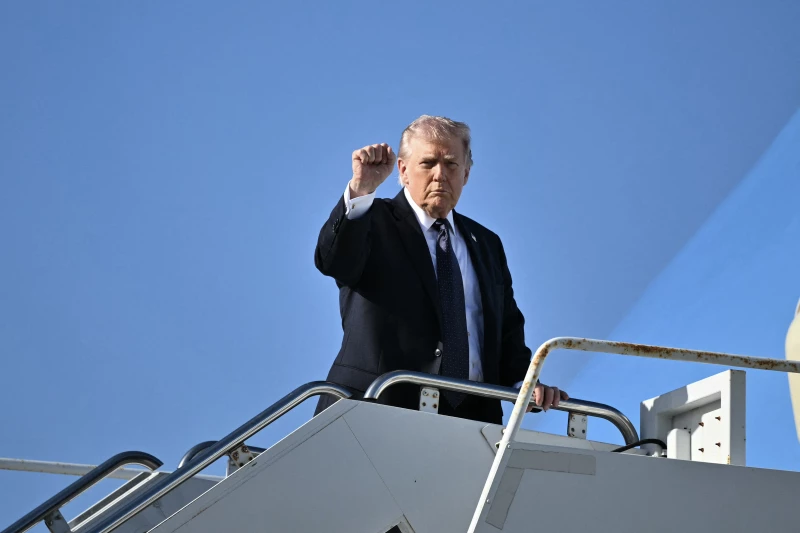ERBIL, Kurdistan Region of Iraq - A kolbar was shot dead and two others were injured after Iranian security forces targeted their vehicle on Friday in western Iran’s Kurdistan province.
On Friday night, Iranian border guards close to the Kani Seif village in Kurdistan province’s Baneh county crossing ambushed a vehicle carrying several kolbars, killing the driver, identified as Ibrahim Piranzad, and leaving two others injured, a source told The New Region.
One of the kolbars has been severely wounded and is currently being treated in the Intensive Care Unit (ICU) in Baneh, the source added.
Piranzad, 30, a father of one and the caretaker of his family, was from Balveh village in Kurdistan province.
Family and relatives of Piranzad, after the incident, protested in front of the Baneh district office, but police forces forcibly dispersed the crowd.
Due to increasing poverty rates and government neglect in the country’s western provinces, many resort to working as a kolbar.
Kolbars are only a small organ in a much larger and profitable body. People with no other options to make ends meet, often carry tens of kilos of different goods on foot across mountainous and snowy borders patrolled by brutal Iranian border guards.
In September, Iran's parliament approved a bill legalizing kolbari for five years as part of efforts to formalize informal trade and create stable employment for border residents, the state-owned IRNA news agency reported.
The bill limits permits for practices only under special arrangements outlined in the legislation. It limits kolbars by capping imports at 10 percent of Iran’s annual imports, requires all transactions to be officially registered, and gradually increases fees and taxes after the first year, limiting their earnings.
In September, IRNA reported that 62,500 kolbari cards were set to be issued in Kermanshah province, but no updates have been shared since on any further initiatives.
At least 50 Kolbars have been targeted by the security forces in 2025, with at least 22 killed, Arsalan Yarahmedi, founder of the Oslo-based Hengaw Human Rights Organization, told The New Region on Saturday.



 Facebook
Facebook
 LinkedIn
LinkedIn
 Telegram
Telegram
 X
X


